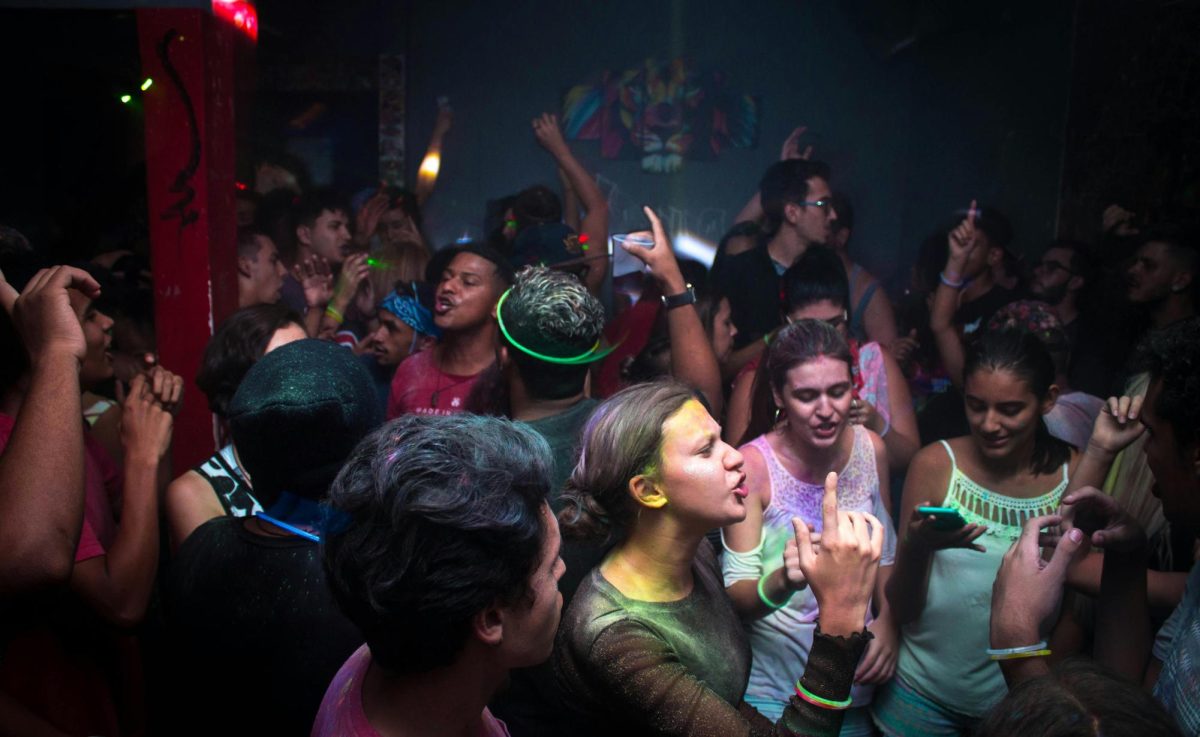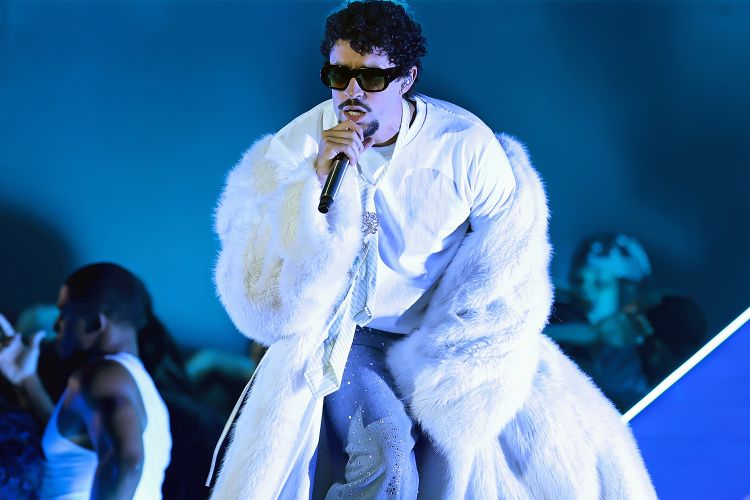We’ve been told that Generation Z will change the world for years–but young men are defying this narrative in voting booths, on social media platforms and across the political landscape. Behind the promises of social justice and climate action lies a quieter yet rising force: radical conservatism.
In 2020, the world watched as Gen Z led protests against racism and police brutality, igniting hopes that this generation would push for long-lasting change. Their activism earned them the label of “the generation that would save the world.” But four years later, cracks in this narrative are beginning to show. While many expected Gen Z to embrace progressive values en masse, research tells a different story.
According to recent studies, young men are increasingly identifying with conservative ideologies, drawn to radical right influencers who promote a hyper-masculine, anti-progressive agenda. Figures like Andrew Tate, Joe Rogan and Jordan Peterson lead the charge, feeding disillusioned young men a steady diet of fear, resentment and “red pill” rhetoric.
Young white men, in particular, believe they have been “marginalized” in political and social discourse for years and assume they are often cast as the enemy in liberal spaces. They feel there is no place for them in progressive movements and that conservatism is the only space that accepts them—as it is an ideology that capitalizes on their male identity. As a result, many have been “red-pilled” by radical right influencers who profit off of perpetuating sexist and racist “alpha male” rhetoric. These ideologies are further reinforced by the common conservative claim that liberal men are less masculine than their conservative counterparts. Influencers and some Republican leaders push this idea, conditioning young men to associate femininity with liberal values and making them fear it. This fear is tied to the perception that being “weaker” or less masculine is synonymous with losing status or power in society.
It’s time to reconsider the idea that Gen Z will inevitably drive progressive change. The political landscape is more complex than we’ve been led to believe, and the rising influence of radical conservatism among young men suggests that the future may not be as progressive as we once hoped.
A Gallup and Walton Family Foundation poll conducted last fall found that Gen Z teens are twice as likely to identify as more conservative than their parents compared to millennials 20 years ago. While this generational shift is slight, it’s notable that the largest increase is among young men and self-identified Republicans. Male Gen Z teens reported having “more conservative” views than their parents 19% of the time, compared to 14% of female Gen Z teens. This data contradicts the notion that Gen Z is overwhelmingly progressive—especially among young men.
Ideologies need platforms in order to reach people, and the internet is the ideal medium for disseminating “red pill” beliefs. Anti-feminist and reactionary views garner traction and spread rapidly in online spaces, and that’s exactly what has happened on platforms like Reddit. Leading figures of the movement include Roosh V, an alt-right American blogger and popular streamer Sneako. Each of these figures, while varying in notoriety and extremism, plays a part in voicing the views of young men. Platforms like Spotify have been instrumental in mainstreaming these ideas. Shows like “The Charlie Kirk Show” and “The Joe Rogan Experience” rank among the top podcasts on the platform, giving radical conservative viewpoints and perspectives a massive platform. These shows provide a space where grievances about “woke culture,” gender dynamics and race are aired, which create breeding grounds for reactionary ideologies.
In this year’s election, many of these young men showed up in large numbers to support a candidate accused of sexual assault—a candidate who, after years of listening to conservative podcasts, they think represents their interests. Public figures like Joe Rogan and Andrew Tate have shaped the typical young man into a far-right activist, more willing to believe that minorities, women and liberals are the source of their problems instead of critically assessing the world around them.
Younger generations are often seen as more progressive than their older counterparts, but this doesn’t always hold true. Look at the Baby Boomers—many of them were the ones leading the civil rights movement in the 1960s and 1970s, yet they now make up some of the most conservative voters in the country. It’s time to reconsider the idea that Gen Z is inherently progressive or immune to radicalization. They are just as susceptible to manipulation as generations before them. All they need is the right platform and the right message to buy into it. Gen Z might not be the saviors we hoped for after all.








Ren • Apr 8, 2025 at 3:17 pm
Good article but it doesn’t touch upon how Gen X, not the Baby Boomers, are the most conservative generation in US politics today. Gen X supported Trump by double digits, which is not the case for other age groups. Gen X is the linchpin for old conservatism and all great articles about the age discourse should include them as a force of their own.
Another thing is that this trend is actually pretty prominent in Hispanic men as well. Whether or not Hispa is count as white is up to you, but ignoring the Hispanic race to the right is ignoring one cause of far right views. Many leaders of far right militias and armed groups, such as Nick Fuentes and Enrique Tarrio, are not white, but proudly Hispanic men. We ignore them at our own peril.